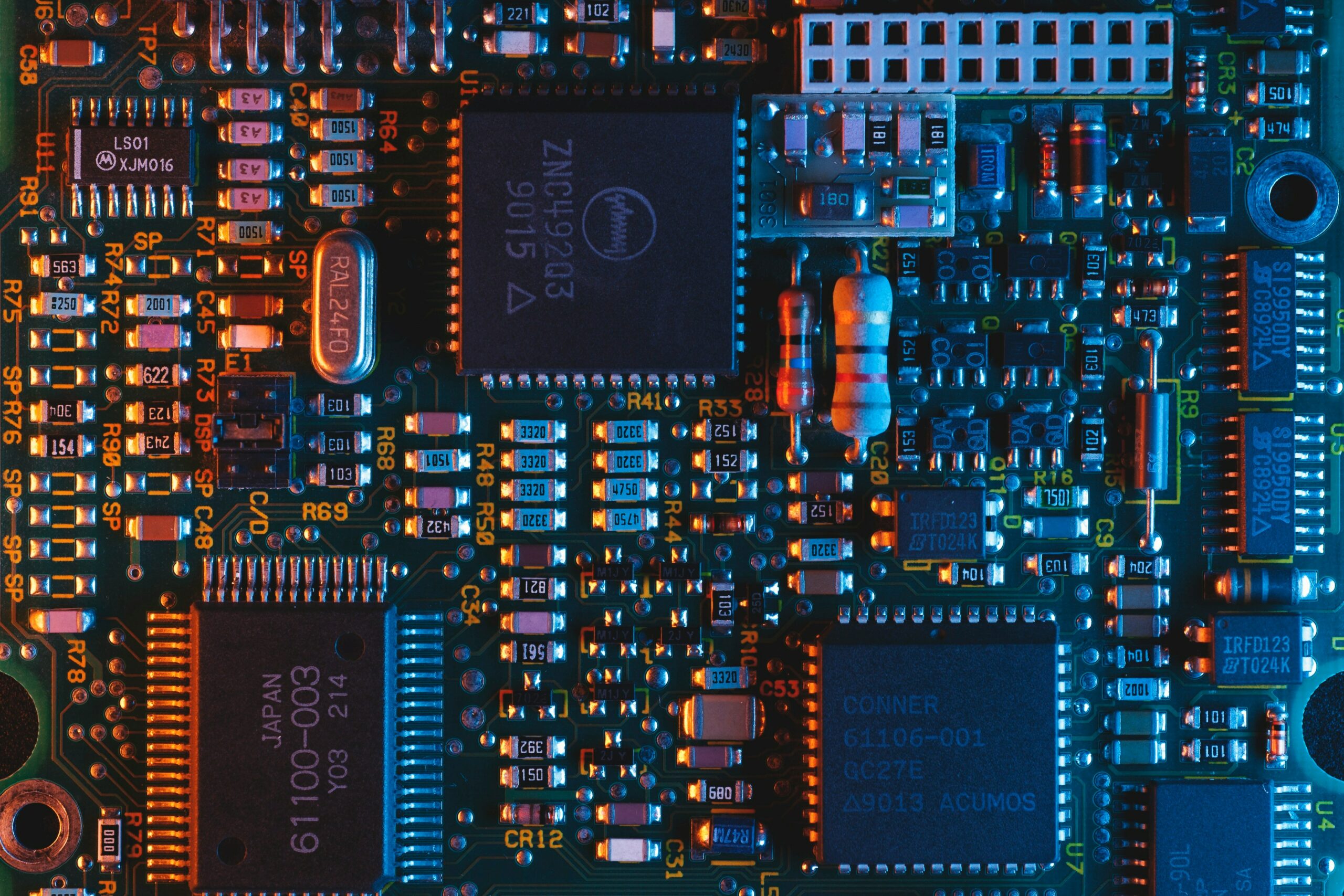Quantum parallelization has been harnessed in a number of quantum algorithms proposed by researchers. The technique optimizes quantum computing resource use and could provide a speed up in computations.
Quantum computers harness quantum mechanical properties of particles, such as entanglement and superposition, to perform computations. Researchers postulate that these properties could prove advantageous in finding solutions to problems faster than typical classical computers. Part of this is due to quantum computer’s ability to calculate the possibility of an exponential number of probable outcomes at once. These possibilities are stored and computed using operations on quantum bits, or qubits.
What is quantum parallelization?
Researchers continue to look for ways to optimize resource use. Suppose a quantum computer has 100 qubits, but an algorithm uses only 25 of those qubits. If the quantum computer runs only one algorithm at once, the remaining 75 qubits will sit idle and unused.
In classical computers, when this occurs, computer scientists may take the algorithm and identify steps that can be computed at the same time. For example, suppose an algorithm seeks to identify a list with the largest average from a set of lists. Then, the step where the averages of each and every list in this set is calculated can be computed at once, since all it takes to compute the average of a list is itself (that is, the step doesn’t rely on any of the other computations taking place at the same time).
For a quantum computer, a somewhat similar approach may be taken. The results of multiple computations may be encoded in a single result, thus reducing the number of iterations needed for computation.
Why the interest in parallelization?
However, it is worth noting that this in itself does not provide an advantage of classical computers, since parallelization on classical processors more or less occurs in the same way.
Nonetheless, this notion of allowing for parallel computation on a quantum computer also opens the door for distributed computing. At the moment, it is difficult to run successful, large quantum computers with large numbers of qubits. For example, it may be difficult to run an algorithm on a single 200-qubit quantum computer. Instead, suppose a researcher has access to ten 20-qubit quantum computers. Through parallelization of the algorithm, the steps of the algorithm may be distributed among these ten quantum processors, making it manageable under current hardware constraints.
All in all, ongoing research in transforming algorithms into forms that can be implemented efficiently on quantum processors remains prominent. As such, quantum parallelization is of great interest.







